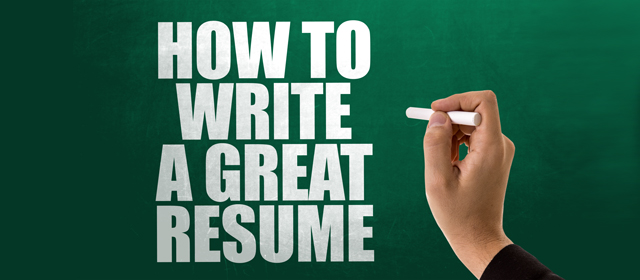
Just Because You Read Resumes Doesn’t Mean You Can Write Them
A candidate with a solid but poorly arrayed job history called the other day. After a few minutes, it became clear that what this candidate needed was a compelling presentation of a rather disconnected employment history. In other words, we needed to pull a string through it all and show that his history was purposeful and progressive v. spotty and episodic. His current resume was the standard task and duty, chronological presentation we all learned in school. He did not want more of the same.
THE PLAN. So, we devised a strategy to present his qualifications applying strong competitive positioning, developing a persuasive professional profile, incorporating high-value key words and finally building an accomplishment history—none of which were present in his existing document. Little wonder the only hits he got were for more of what he’d already done.
The day before he was scheduled to come for his appointment, he sent me an email saying his brother-in-law works in HR and he was going to write his resume. I thanked him for the consideration, but privately worried that this very sincere guy was not getting the best possible service.
Five questions to ask the next time a well-meaning person says “I know a guy in HR that reads resumes all day; he can write it for you…”
- What’s the COMPETITIVE POSITIONING (i.e. the headline on my resume) for me as a candidate? Your positioning matters.
- What have you learned from half a dozen or so JOB POSTS in my industry to see what employers are seeking?
- What is your plan for crafting a PROFESSIONAL PROFILE that captures the essence of my professional qualifications in no more than six or seven lines?
- What are the top ten or twenty KEY WORDS associated with my career aspirations?
- How confident are you FILTERING THE CONTENT of my resume so that only the most relevant core responsibilities and accomplishments appear?
YOU’RE NOT A PLUMBER. Just because you can change the washers in the bathroom faucet doesn’t make you a plumber. If your history is straightforward with relatively few issues, then you might be fine with an amateur. But if you have issues, concerns and aspirations, then you may find the services of an objective, experienced professional a good investment. After all it’s not how your resume looks, but how well your document positions your candidacy and how well it indexes in an applicant tracking system.
« Back to blog listings